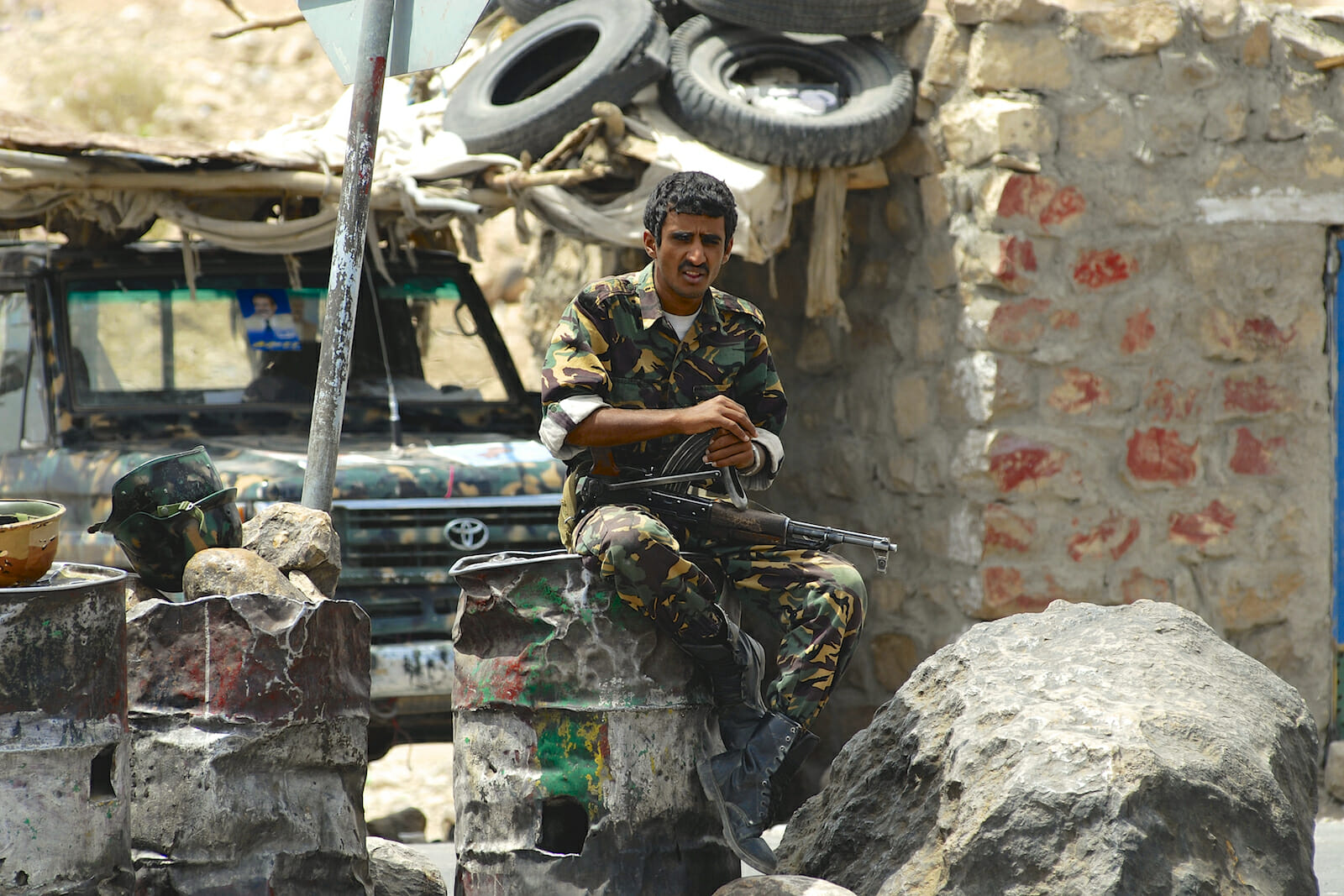
The Houthi Crimes in Yemen
After four years of war in Yemen, the Houthis continue to cause harm, even in the liberated areas, such as Aden and nearby. This Iranian-backed group left vast amounts of mines and other remnants of war—including missiles—in the areas from which it has withdrawn. No one knows exactly where the mines in Aden and other liberated areas are, but innocent citizens are the first victims.
The problem of mines and the remnants of war often do not get enough attention, even though war is not the only cause of death and hunger in this poor country. Healthcare, for example, and the deterioration of education are two of the factors leading to a decline in the average age of the population. These two factors can lead to weak economic activity which are the ingredients leading to famine!
It is true that war negatively affects education and healthcare, but even before the outbreak of war, these two vital sectors were suffering due to inefficient administration, lack of responsibility and minimal experience.
I met Awatef’s mother in Aden, where a scrap from an explosion hit Awatef and her father. The injury damaged her skull and injured her father’s leg. Because of her injuries, Awatef can’t even continue her education. “Children not going to school too long means that it is a lost generation,” John Mooij, the country director of the CARE organization in Yemen, said.
Awatef is not the only victim; Omar Salah was also injured by a landmine and almost lost his leg, but an expensive treatment in Jordan enabled him to walk again.
Omar was lucky, but Abdullah, an 11-year-old boy, was not. Abdullah and his older brother watched their father die because of a landmine explosion on the West Coast. Abdullah miraculously survived, but his brother lost his leg.
In 1998, Yemen signed the Mine Ban Treaty. In following years, a Yemeni team managed to remove and destroy more than 500,000 dangerous objects left behind by the war of 1994, most notably mines. Now, everything has begun again as a result of another war and more dangerous remnants left behind.
Houthi’s forces not only violate the convention on landmines and committed crimes against humanity, but the group also recruits children and forcefully displaces the population.
Displaced families—especially on the West Coast—are suffering the loss of their homes and are in danger from mines laid on roads, fishing grounds, and farms. This causes more pressure on economic activities and the already weak infrastructure.
Although the Houthis insist that they seized power through a popular revolution, and that they defend Yemen against Western invasion, the Arab alliance, led by Saudi Arabia with logistical support from the United States, insists on restoring power to the legitimate government, accusing the Houthi rebels of receiving financial and military support from Iran.
This conflict is seen as a proxy war between Iran and Saudi Arabia. Both sides receive criticism from human rights organizations. Many of those accusations refer to the targeting of civilians, destruction of health centers, schools and other infrastructure.

